Yemeni Hajj pilgrims head to Saudi Arabia in first flight from Sana’a since 2016
The first commercial flight carrying more than 270 Yemeni Hajj pilgrims has departed the capital Sana’a to Saudi Arabia, marking the latest sign of easing tensions after more than eight years of a Saudi-led war against neighboring Yemen.
The flight by Yemen’s national carrier Yemenia — also known as Yemen Airways — took off from Sana’a International Airport at 8 p.m. local time (1700 GMT), heading to the Saudi coastal city of Jeddah, said Yemeni airport chief Khalid al-Shayyef.
He further explained the flight was the first of five transferring this year’s Yemeni pilgrims from Sana’a to Saudi Arabia for the annual ritual of Hajj, the pilgrimage to the holy city of Mecca required once in a lifetime of every financially-able and physically-fit Muslim, according to an AP report.
In addition to the Saturday’s flight, two more departures have been scheduled for Monday and Wednesday, while officials from Yemen’s popular Ansarullah resistance movement and Saudi authorities were working on scheduling two more flights, al-Shayyef noted as cited in the report.
Thousands of Yemeni pilgrims travel by bus to Saudi Arabia, or to the southern port city of Aden – an arduous 12-hour journey due to checkpoints – where they can fly to the neighboring country.
“We can no longer bear the burdens and hardships of traveling to Aden,” Akram Mohamed Murshid, one of the pilgrims boarding the plane, said.
“Hopefully, the blockade will end and the airport will remain open. We are very happy and relieved, and I cannot describe the feeling,” said Mohammad Askar, another Mecca-bound pilgrim.
The Yemeni Minister of Public Works and Roads, Ghaleb Mutlaq, said nearly 200 flights would be needed to accommodate the 24,000 people who wanted to take part in the highly spiritual pilgrimage.
“We consider what is happening today as a good gesture, so that airports, especially Sana’a airport, will be opened to Yemeni travelers,” Najeeb al-Aji, Yemeni Minister of Guidance, Hajj and Umrah, told journalists.
Saudi Arabia initiated a brutal war of aggression against Yemen in March 2015, enlisting the assistance of some of its regional allies, including the United Arab Emirates, as well as massive shipments of advance weaponry from the US and Western Europe.
The Western governments further extended their political and logistical support to Riyadh in their failed bid restore power in Yemen to the country’s former Saudi-installed government.
The former Yemeni government’s president Abd Rabbuh Mansur Hadi resigned from the presidency in late 2014 and later fled to Riyadh amid a political conflict with Ansarullah. The movement has been running Yemen’s affairs in the absence of a functioning administration.
The war further led to the killing of tens of thousands of Yemenis and turned the entire nation into the scene of the world’s worst humanitarian crisis.
China ‘firmly opposes’ US military aid to Taiwan
VIDEO | Press TV's News Headlines
President Yoon Suk Yeol to be removed from office
At least 19 Gazans killed by Israeli airstrikes since dawn: Medics
Leader: Iran neither has nor needs proxy forces
US fighter aircraft shot down ‘in friendly fire’ amid aggression on Yemen
Yemeni FM: Israel’s sponsors accountable for ongoing aggression on Sana’a
Eight Palestinians killed as Israel attacks Gaza school, hospitals


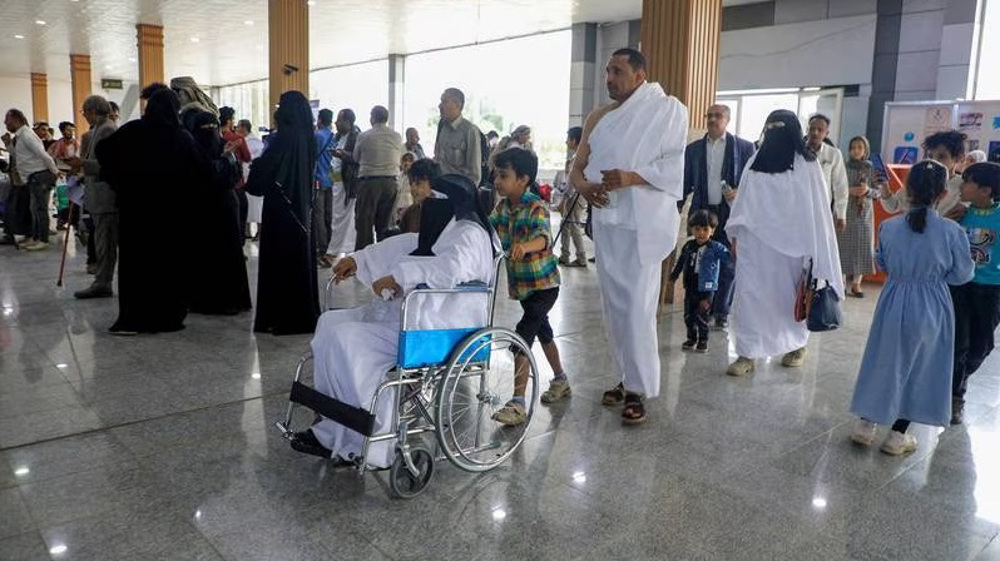
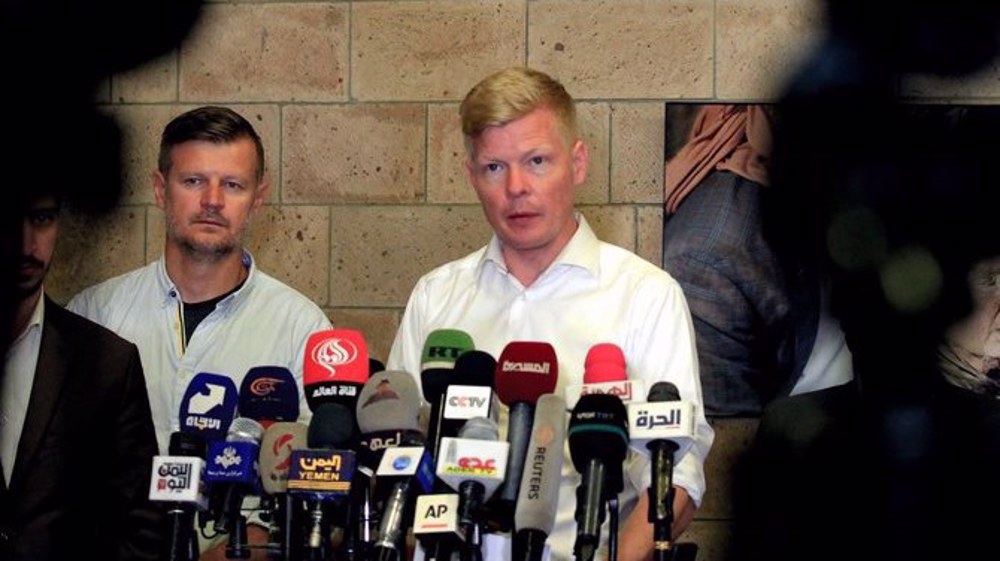









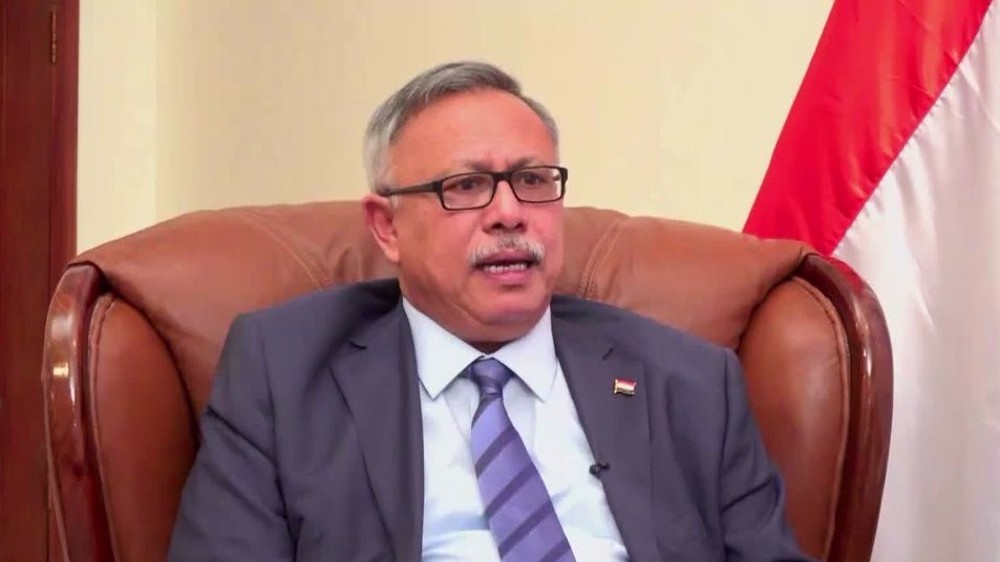

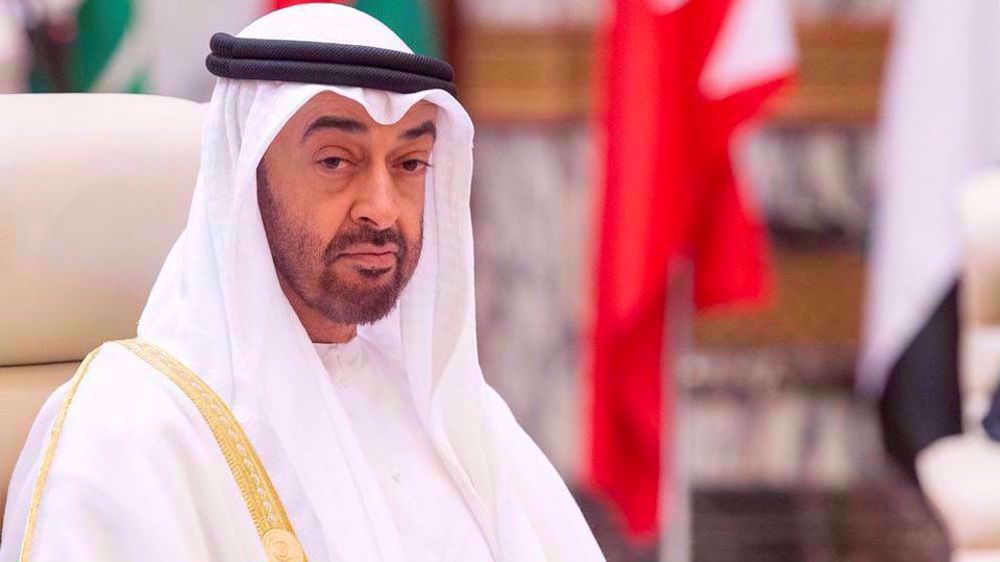
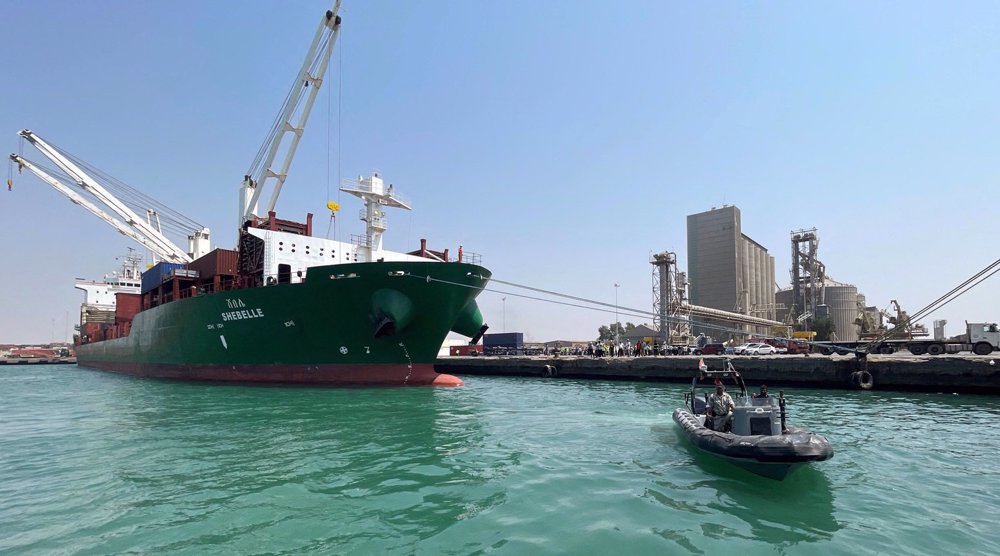



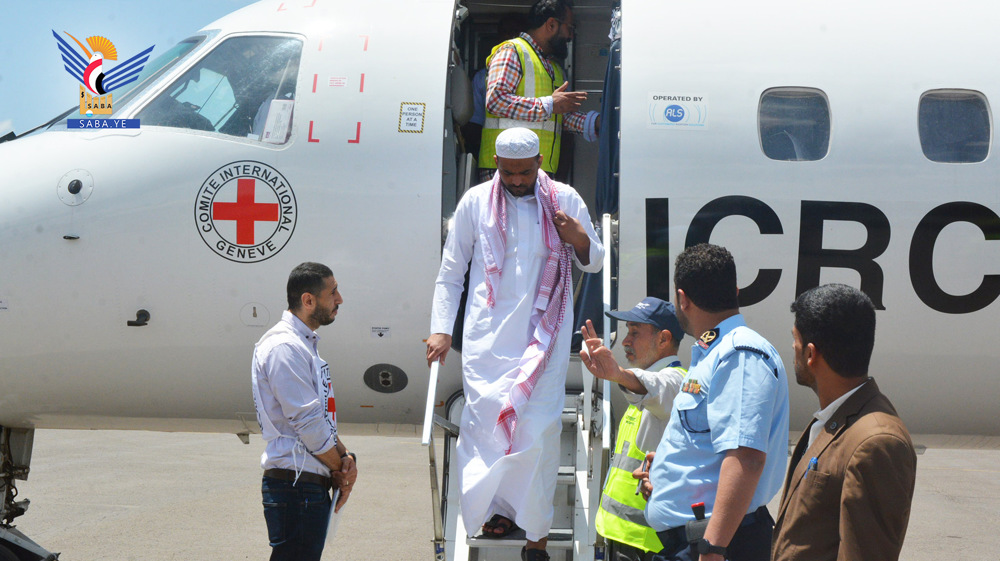

 This makes it easy to access the Press TV website
This makes it easy to access the Press TV website